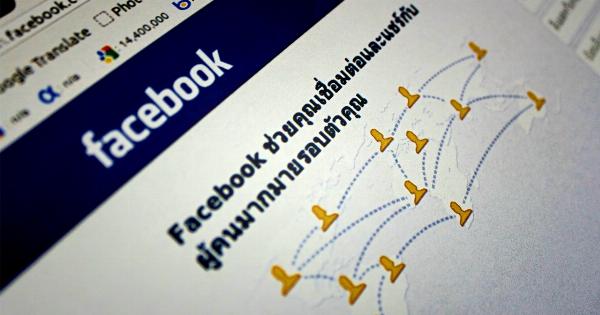Humans are naturally social creatures and have evolved to be highly responsive to social cues. One such cue that can hold a lot of weight is the concept of authority.
Authority figures are individuals who hold power, respect, and a perceived sense of expertise in a particular field. Individuals are often willing to comply with authority figures for fear of rejection or to gain approval. The power of authority in psychological experimentation has been well-documented over the years.
This article aims to explore the power of authority in psychological experimentation and its implications for human behavior.
The Milgram Experiment
One of the most famous experiments that explored the power of authority was the Milgram Experiment. Stanley Milgram wanted to explore if people would obey authority figures even if it meant inflicting harm on others.
In his experiment, participants were told they were helping researchers explore the impact of punishment on learning. They were instructed to shock a learner every time they made an error, and the shocks increased in intensity as the errors continued. In reality, the learner was an actor, and the shocks were not real.
The experiment found that the majority of participants were willing to administer the highest level of shock when instructed to do so by the experimenter, even though it could cause serious harm to the learner.
The obedience to the authority figure was so strong that it overrode the moral conscience of the participants, and they were willing to harm others to comply with the authority figure.
Social Roles and Compliance
Another way that authority can influence compliance in psychological experimentation is through social roles. Social roles are the roles that people play in a particular situation, and they guide how individuals should behave.
For example, in the Milgram Experiment, the authority figure was the experimenter, and the participant played the role of a teacher. As the teacher, their social role required them to obey the experimenter’s instructions, even if it meant hurting others.
Research has shown that social roles can have a significant impact on behavior. People tend to conform to the expectations of their roles and are more likely to comply with authority figures within that role.
In a study by Zimbardo, participants were assigned to the role of either a guard or a prisoner in a simulated prison. The guards soon began to abuse their power, and the prisoners became submissive to their authority. The experiment had to be terminated early due to the abusive behavior of the guards.
The Bystander Effect
The bystander effect is another phenomenon related to compliance that is influenced by authority figures. The bystander effect occurs when the presence of other people inhibits helping behavior in an emergency situation.
Individuals feel a diffusion of responsibility when they are in a group, and they are less likely to intervene in an emergency situation.
The power of authority can come into play in the bystander effect in two ways. First, if an authority figure is present, individuals may look to them to provide guidance on how to act.
If the authority figure does not act, individuals are less likely to intervene. Second, the presence of an authority figure can increase the diffusion of responsibility, as individuals believe that the authority figure will take care of the situation.
The Role of Norms in Compliance
Social norms are the unwritten rules of behavior that guide individuals’ actions in a particular context.
Social norms can be either descriptive (what people typically do in a particular situation) or injunctive (what people should do according to societal expectations). The power of authority can influence social norms and thus affect compliance in psychological experimentation.
For example, in the Asch Conformity Experiment, participants were shown a line and asked to match it with one of three lines of different lengths. Other participants, who were confederates of the experimenter, gave obviously incorrect answers.
The study found that participants were more likely to conform to the incorrect answers if the confederates were seen as having authority or expertise in the subject matter.
The Implications of the Power of Authority
The power of authority in psychological experimentation has many implications for human behavior. It shows that people can be easily influenced by authority figures, even if it means going against their moral compass.
This can be seen in situations such as the Milgram Experiment, where participants were willing to harm others to comply with the authority figure.
The power of authority can also affect social roles and social norms.
Individuals are more likely to comply with authority figures within a particular role or context, and social norms can be influenced by the perceived expertise or authority of an individual.
Understanding the power of authority is essential, as it can help us to recognize situations in which compliance may be influenced by authority.
This knowledge can help us to resist conforming to inappropriate behavior or expectations and to make informed decisions based on our moral compass rather than blindly complying with authority figures.
Conclusion
The power of authority is a critical concept in psychology that highlights the impact that authority figures can have on human behavior.
Research has consistently shown that individuals are more likely to comply with authority figures, even if it means going against their moral beliefs. Covering topics such as social roles, social norms, and the bystander effect, the power of authority can have a significant impact on compliance in psychological experimentation and everyday life.
By understanding the power of authority, individuals can recognize and resist situations in which their behavior is being influenced by authority figures.































